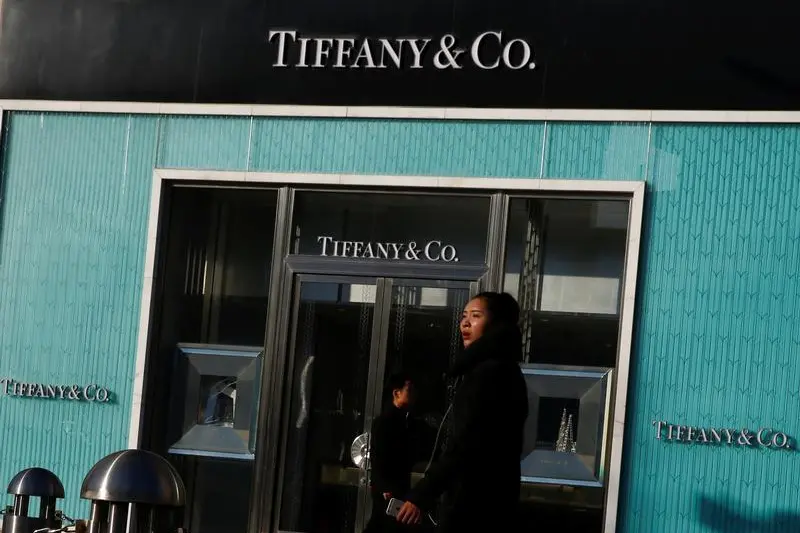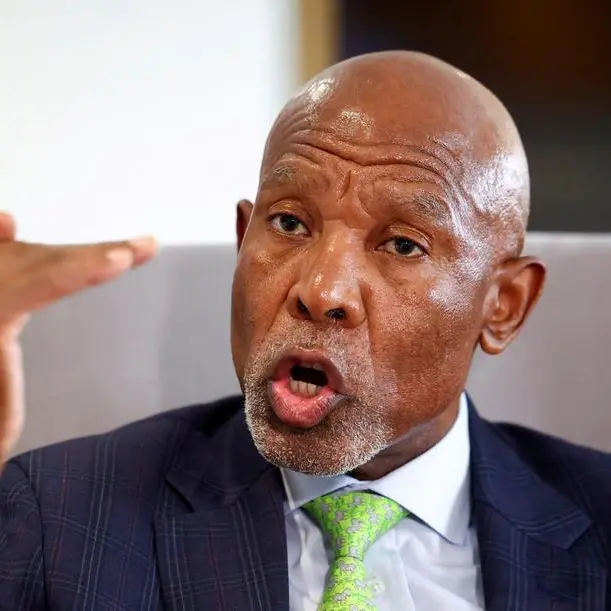PHOTO
HONG KONG - The shopping spree in China is not all it’s cracked up to be. Sales of athletic gear, appliances and the like have been rising robustly despite fiercer economic headwinds. Tax cuts and healthy property prices are helping. Without such support, however, retailers are apt to feel the pinch.
Chinese customers have been the unsung heroes of an otherwise ailing economy. Neither the trade war with the United States nor broader jitters about a slowdown have kept them from buying. In the first six months of 2019, consumption per person increased 7.5% on a nominal basis from a year earlier, while retail sales of consumer goods grew 8.4%, according to official data.
That has boosted the bottom lines of shopkeepers at home and from abroad. Jeweler Tiffany, for instance, reported double-digit growth in China for the second quarter. Haier Smart Home, the Qingado-based maker of refrigerators and washing machines, said its first-half operating revenue rose more than 9%, while e-commerce giant Alibaba notched up more than 40% top-line growth in the quarter ending June 30.
The numbers may be deceptively perky, however. Rising consumption is ultimately a function of growing disposable income, which gained 8.8% in nominal terms in the first half. The figure was flattered by personal income tax cuts, which reduced remittances to the government by 308 billion yuan ($43 billion), according to government estimates. That alone added 1.6 percentage points to disposable income gains, estimates Ernan Cui from consultancy Gavekal Dragonomics. What’s more, she reckons rising home prices contributed 0.8 percentage points to the first-half consumption figures.
Eventually, shoppers are bound to feel the effect of the prevailing forces hurting China. Without the supplemental support, they may be considerably less hale. That’s a concern for an economy where 60% of growth was propelled by consumption in the first half.
It also would likely weigh on corporate earnings. KFC owner Yum China, for one, flagged that growth may slow when it reported its latest financial results. For U.S. companies such as Apple, whose sales in the region have already been dragging and who now face the prospect of tariffs, the pain could be even more intense. Chinese consumers are like any good shopping deal: available while supplies last.
CONTEXT NEWS
- China plans to provide greater support to the economy, including via infrastructure investment and regional development, the State Council said on Sept. 1. Better integration of fiscal, financial and monetary policy; deeper capital markets reform; and further opening of the financial sector are other expected measures, officials said. They had previously unveiled steps to help boost consumption, including the possible removal of restrictions on auto purchases.
(Editing by Jeffrey Goldfarb and Sharon Lam)
© Reuters News 2019





















